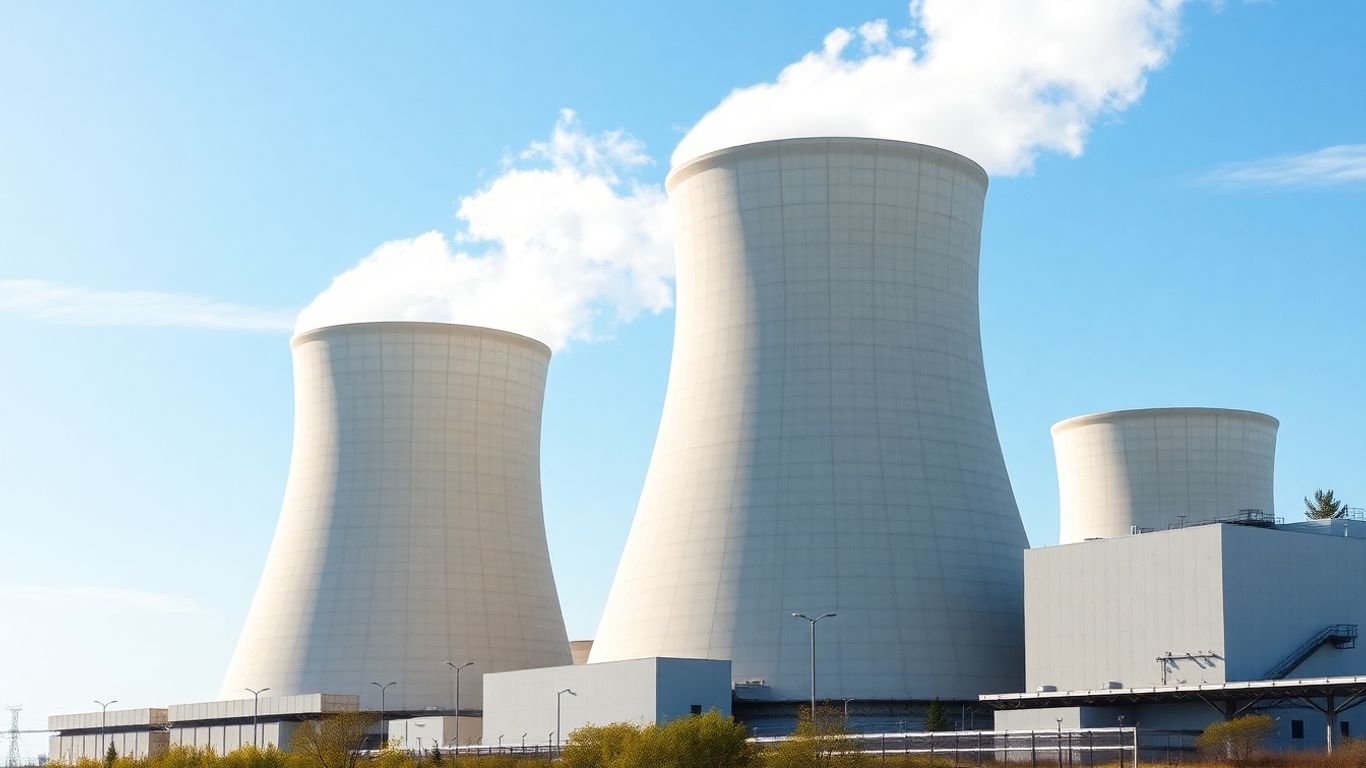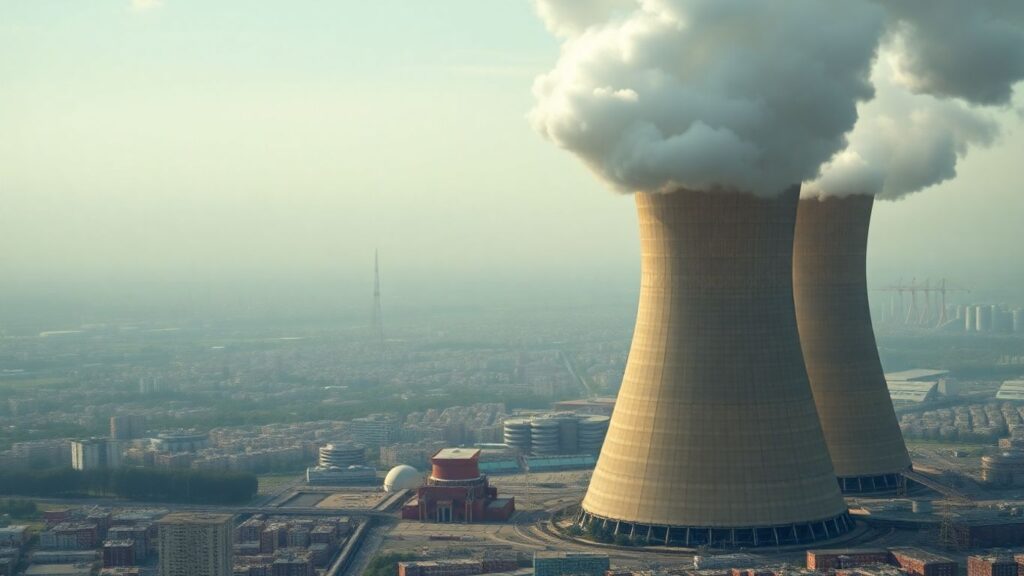Governments worldwide are accelerating their commitment to nuclear energy, streamlining regulations and investing in new technologies like Small Modular Reactors (SMRs). This renewed focus aims to bolster energy security, drive economic growth, and achieve clean energy goals, marking a significant shift in the global energy landscape.
Key Takeaways
- Governments are actively removing regulatory hurdles to speed up nuclear project approvals.
- Significant investments are being made in advanced nuclear technologies, including SMRs.
- Projects like Sizewell C are receiving final investment decisions, signaling strong government backing.
- International cooperation is expanding to share expertise and resources in nuclear energy.
- The U.S. is setting ambitious targets for nuclear capacity expansion and domestic fuel cycle development.
Streamlining Regulations for Nuclear Power
The UK government is making significant strides by overhauling planning rules to facilitate the construction of nuclear power plants, including Small Modular Reactors (SMRs). This initiative aims to cut red tape, remove outdated restrictions on siting, and establish a Nuclear Regulatory Taskforce to improve regulatory efficiency. The goal is to make the UK a more attractive location for nuclear investment, creating jobs and delivering cleaner, more affordable energy. This move is seen as crucial for the UK to regain its position in the global nuclear race, especially as other nations like China and the EU are rapidly expanding their nuclear capacity.
Major Investments and Project Milestones
In the United States, the Department of Energy (DOE) is actively supporting advanced nuclear innovation. Oklo Inc. has broken ground on its first Aurora powerhouse at the Idaho National Laboratory, a key step in the DOE’s Reactor Pilot Program. This project highlights the potential of next-generation nuclear technology for various applications, including clean energy for data centers and advanced fuel recycling. The U.S. has also set ambitious deployment targets, aiming to expand domestic nuclear capacity significantly by 2050 and is working to secure a domestic nuclear fuel cycle, including a ban on Russian uranium imports.
The UK has also given the green light to the Sizewell C nuclear power project with a final investment decision. The government will become the largest shareholder, alongside private investors, in a deal expected to deliver clean power for millions of homes and create thousands of jobs. This project aims to provide electricity system savings and represents a substantial public investment in clean energy, underscoring a commitment to energy security and economic growth.
Advancements in Small Modular Reactors (SMRs)
Ontario, Canada, is leading the G7 by building its first Small Modular Reactor (SMR). This development aligns with the global trend of embracing SMRs, which are seen as more flexible, quicker to build, and potentially cheaper than traditional large-scale nuclear power plants. The UK’s reforms specifically include mini-nuclear power stations in planning rules, recognizing their potential for co-location with energy-intensive industries like AI data centers.
Global Cooperation and Future Outlook
The U.S. DOE is also expanding international cooperation by launching Clean Energy Training Centers in Poland and Ghana to support civil nuclear energy programs. The U.S. has also pledged to triple global nuclear energy capacity by 2050. These efforts, coupled with legislative support like the ADVANCE Act in the U.S., which aims to speed up licensing for new reactors and fuels, indicate a strong, coordinated global push towards nuclear energy as a critical component of future energy strategies.
### Sources
- Will Federal Support for Oklo (OKLO) Fuel Lasting Momentum in Advanced Nuclear Innovation?, Simply Wall Street.
- Government rips up rules to fire-up nuclear power, GOV.UK.
- Ontario Newsroom, Ontario Newsroom.
- Sizewell C gets green light with final investment decision, GOV.UK.
- 11 Big Wins for Nuclear Energy in 2024, Department of Energy (.gov).












